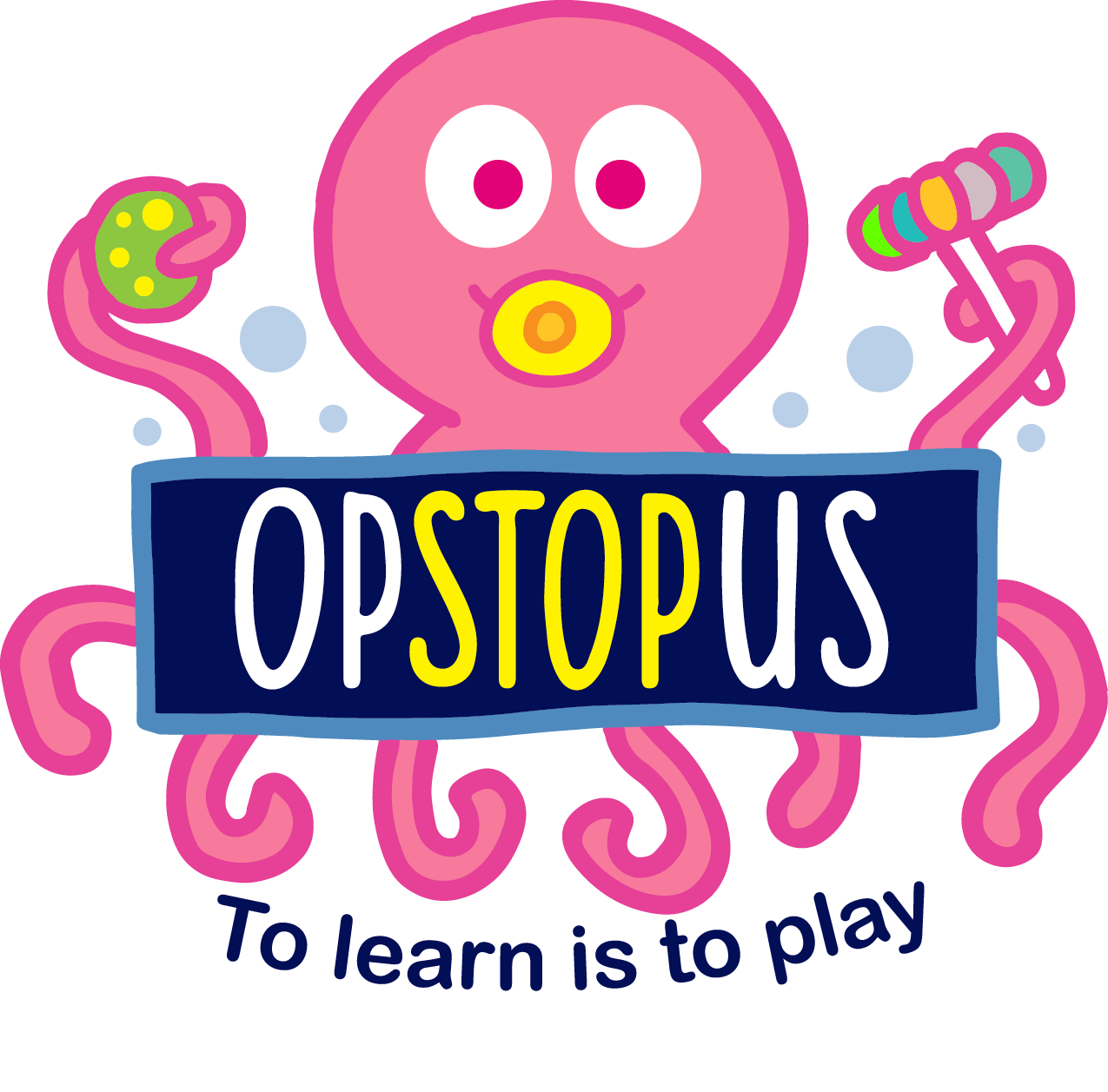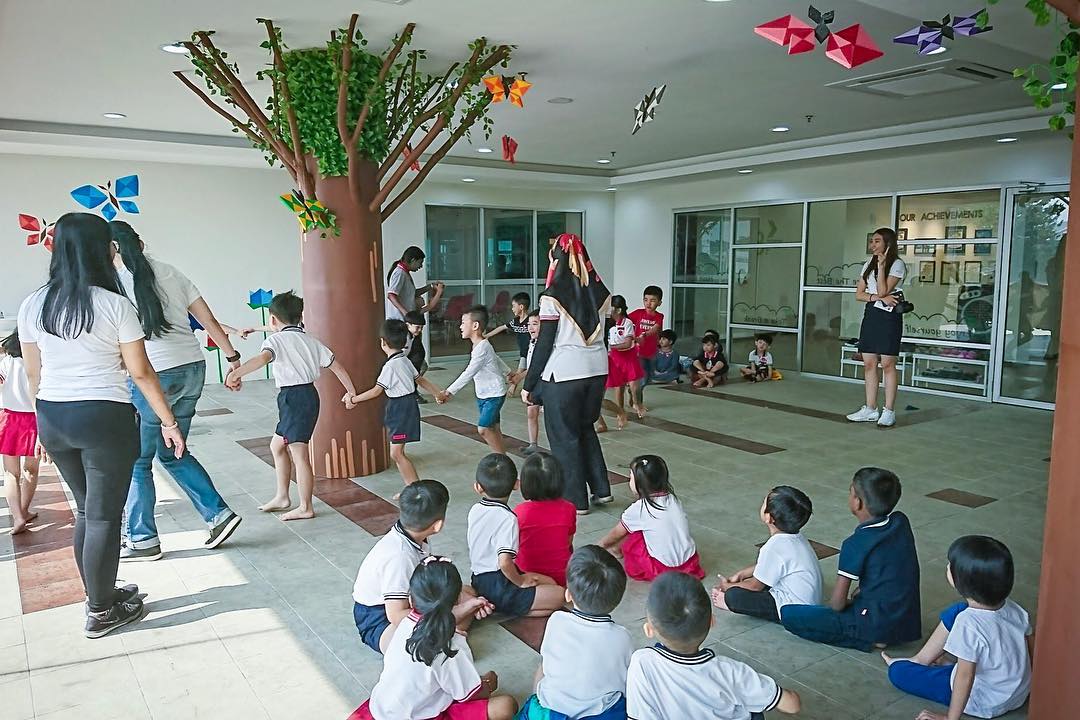Dear caregivers, let’s try asking the questions below and compare the answers from your children.
Question 1: What have you learned in school today? VS What have you played in school today?
Question 2: What did the teacher teach in the class today? VS What did you enjoy the most in your classes today?
What is the word that pops up in your mind when kids mention about play? Fun, time-wasting, unnecessary or effective learning? Playing is fun because one can have the freedom of choosing from a range of informal activities. It may look simple, or maybe meaningless. In fact, play is essential in early childhood education. In their early years, children have limited understanding and very little ways to express themselves. Hence, play is the best tools for the adults to explore their world and further develop the living skills needed. According to Albert Einstein, “play is the highest form of research”. Octopus J & C are with him 100%!
Here are the benefits children gain from playing while learning.
1. Understand the social world better.
Play has created the opportunity for the children to have stronger understanding with their surrounding. For instance, kids in pretend play get to try the roles of being teacher & student and they act out through observations. Pretend play allows the children to have more practices and better understanding with the hidden rules set by the society. Example, children who act as a teacher will ask the children to keep quiet when he/she is teaching. Hence, they are more likely to behave quietly when someone is teaching because they understand that it is the expected behavior. It will be more perfect if the caregiver can join in their pretend play. This can create an opportunity for caregivers to explain and show them the expected behavior in the particular setting.
2. Increase confidence.
Play is defined as the activity selected by your own choices and it is usually unstructured. The setting is more relaxing compared to structured learning such as those in the setting of a classroom. Therefore, the children are less likely to feel overly anxious or stressed through this learning process. The atmosphere of a play is so carefree that they are more willing to present their ideas and take the challenges. That confidence will allow them to be more open in trying new things in daily life.
3. Develop planning and organizing skills.
All the games require different strategies or rules to win the games. Therefore, it creates an opportunity for children to develop their planning skill. Children has to discuss about the strategy between themselves or group of people, such as what is the games rules, how to win in the shortest times, and what technique that require to win. This also helped the children to be more organize in homework. For instance, they know understand the sequence of thing happen which allow them to produce essay that well structure.
4. Improve communication skills.
Being able to communicate and express oneself is very important of everyone in this world. Without communication, we can hardly express our thoughts and build any bonds with other people. Communication is always required during play time regardless individual or group play. For example, children will always talk to their dolls that act as their imaginary friend. We, as a adult may be freaked by this behavior. However, it is a great opportunity for them to have a target to talk to. This will help them to improve the communication skills by expressing their thoughts verbally. On the other hand, communication skills are more obvious if children play with a group of friends.
5. Promote creative problem-solving skills.
In our daily life, there are many problems or questions that have no standard solutions. Through play, children have the opportunity to enhance their problem solving skill with their ability. Traditionally, we will teach children to solve the issues with the solutions that based on our ability and understanding. This doesn’t benefit our children in their learning because they will more likely to memorize the solution without understand. Hence, they will hardly apply the theory in similar issues and think of box. Play is unstructured setting which promote the opportunity for children to figure out the solution through trial and error. Therefore, they are able to have creative solution that based on their ability and better understanding on it. With the better understanding of solution, they can easily apply the solution in the similar issue without putting effort to memorize the steps.
Play can be a really effective learning approach for your children. Stay tuned for more ideas in helping your children’s learning to come!




